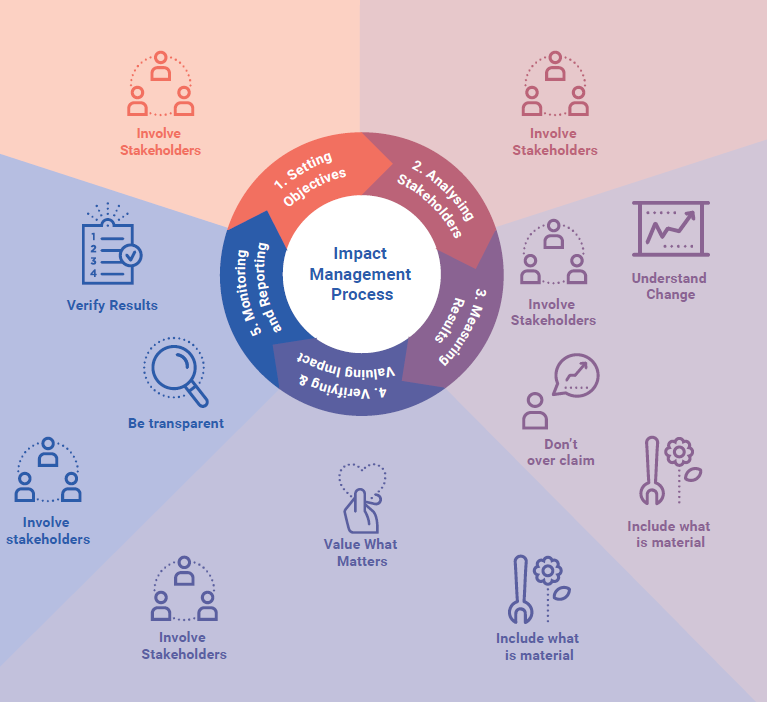The purpose of impact measurement is to identify ways to increase the benefits brought to the final beneficiaries.
Simple as it seems, this principle is often preached but not practiced. If it is true that only what gets measured gets managed, unfortunately it is also true that too many social sector funders spend time and resources collecting data that is then not used to improve the lives of the most important stakeholder group: the final beneficiaries.
Although the European Venture Philanthropy Association (EVPA) industry survey shows that a large majority of social sector funders report measuring outcomes, we have no indication as of how many of them actually adapt their activities thanks to information collected through the impact measurement system.
In addition, impact measurement systems are often set up to comply with funders’ requirements, and not following a clear strategy that starts with clarifying objectives and stakeholders.
EVPA and Social Value International work to help social sector funders and social purpose organisations set up impact measurement systems that are solid and deliver information that is useful to manage impact. The aim of a good impact management system should be not only to maximise the value for the final beneficiaries, but also to improve the services or/and products offered. We need to move from the learning mantra to a changing mantra based on the data we collect.
We believe there are 5 main steps in order build a system that allows to collect the right data, and seven principles that guide social sector funders through each of the steps – which are summarised in the document on Impact Management Principles.
EVPA published in 2013 its ‘Practical Guide to Measure and Manage Impact‘ which proposes a five-step process to help organisations measure and manage their social impact:
 These steps aim to help venture philanthropy organisations (VPOs) and social purpose organisations (SPOs) to implement a system to collect information in order to improve the products and services offered to the final beneficiaries.
These steps aim to help venture philanthropy organisations (VPOs) and social purpose organisations (SPOs) to implement a system to collect information in order to improve the products and services offered to the final beneficiaries.
In line with this, Social Value International (SVI) supports a principle based framework that enables organisations to maximise their impact, be accountable for the impact created or destroyed by their activities and provide a credible report of the material outcomes caused by their activities.
Since October 2015, EVPA and SVI have joined forces to help more and more organisations set up an impact management system that helps maximise the impact created.
This is why we have decided it was time to publish the ‘Impact management principles‘ – a document that links EVPA’s five step process to SVI’s principles of social value.
This document is meant to be a quick guide to what we stand for when we talk about impact measurement and management. It’s a way for practitioners to keep it simple, practical and useful.
We see this as the beginning of a journey into discovering more about what our members do to maximise their value. We will present this document at EVPA’s upcoming Annual Conference in Oslo, where we will showcase best practices in impact management from leading organisations.
Priscilla Boiardi is Knowledge Center Director for the European Venture Philanthropy Association (EVPA)
Jeremy Nicholls is CEO for Social Value UK.
For more, see:






Comments (0)